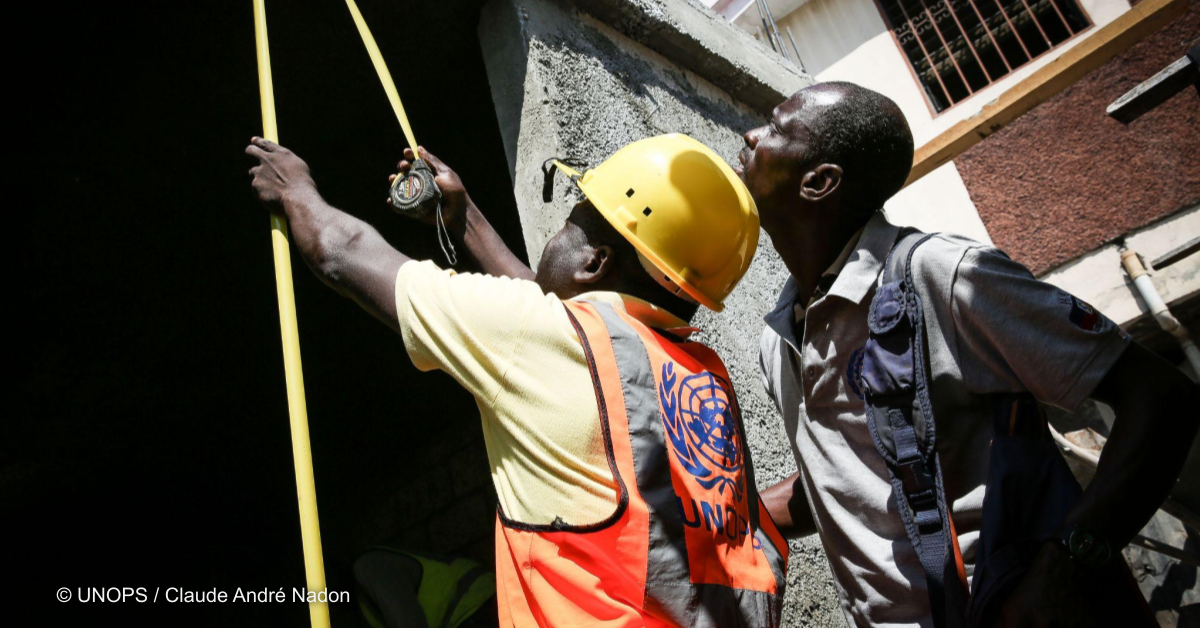|
The saga of little-known but highly controversial United Nations agency UNOPS has a new chapter. We have the latest on all the juicy details — including allegations of fraud, abuse of power, and a “culture of fear.” Also in today’s edition: Afghanistan’s development outlook, and a deal on Zambia’s debt relief wavers.  |
Damning portrait You may recall Devex broke the story in April about irregularities in a multimillion-dollar investment initiative spearheaded by the United Nations Office for Project Services, or UNOPS. Well, an independent probe by auditing giant KPMG has now found “indications of fraud” and a massive breakdown of financial oversight, my colleagues Colum Lynch and Shabtai Gold reveal. KPMG’s Finland office paints a “damning portrait of managerial dysfunction by top managers” at UNOPS as it expanded its role into the “high-stakes, and lucrative, world of impact investing,” writes Colum, after he and Shabtai waded through multiple draft reports. “A culture of fear created an environment that allowed for management override of controls,” according to one of the two KPMG reports. “The way of working by top management further indicates an abuse of power.” |
As part of its shift toward impact investing, UNOPS created an initiative called Sustainable Investments in Infrastructure and Innovation initiative, known as S3i. It was run by Vitaly Vanshelboim — who was placed on administrative leave during a U.N. oversight investigation into “possible misconduct” — and aimed to secure private financing to build 1.3 million affordable homes over the next decade in Ghana, Guinea, Nigeria, India, Pakistan, and across the Caribbean. The reports allege that UNOPS officials ignored numerous “red flags” that trouble was brewing, including from a whistleblower who claimed contracts were overwhelmingly going to a single partner without competitive bidding or a proper vetting system. In response to the reports, UNOPS issued a statement saying it “takes all findings extremely seriously and is committed to address all recommendations under the direction of the Executive Board.” Scoop: Review slams 'culture of fear' and other failings at UNOPS Recap: What went wrong with UNOPS’ ambitious impact-investing initiative? And: A Devex explainer giving you an inside look at the UNOPS scandal. |
